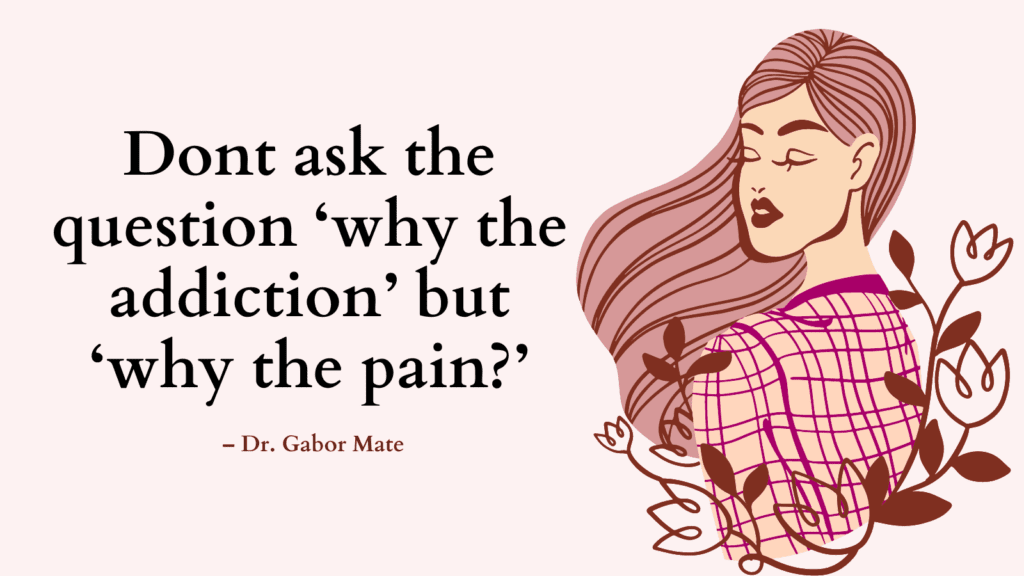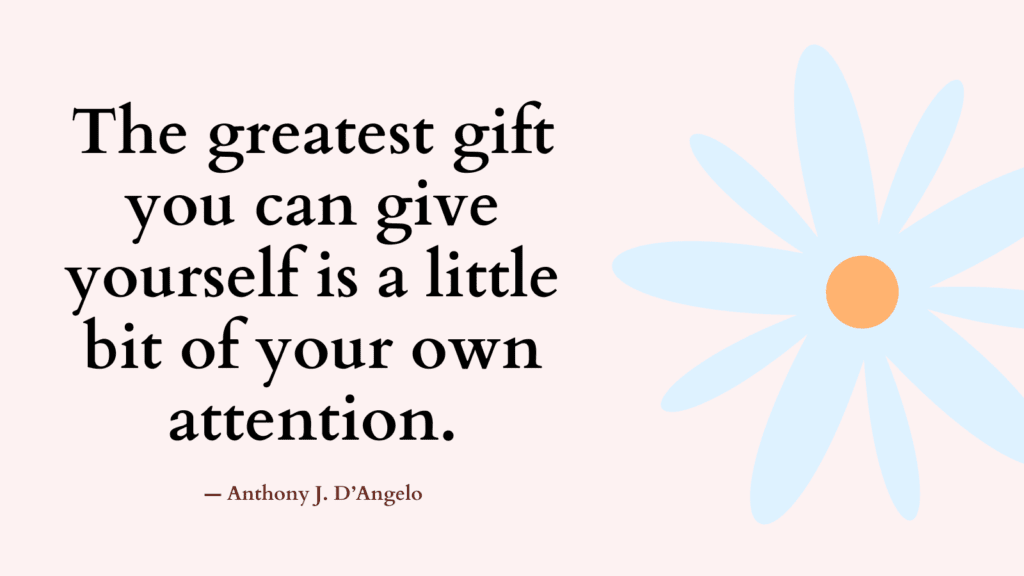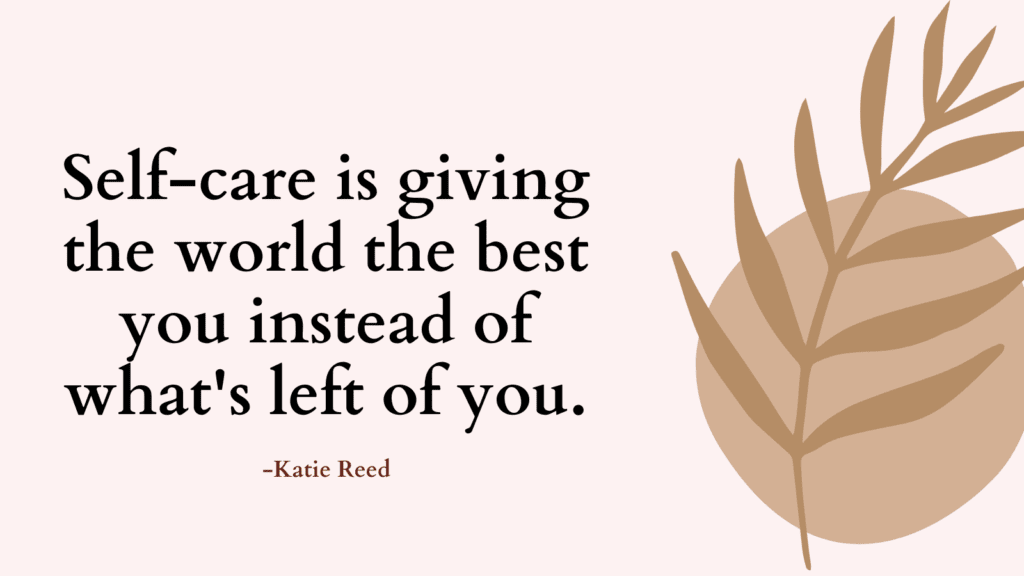This post contains “Self Harm Addiction Quiz” along with resources to get help.
What Is Self-Harm?
Self-harm is something people do purposely to harm themselves physically, without intending to kill themselves.
Some of the most common forms of self-harm include: cutting, burning, biting, punching or hitting oneself. Self-harm can also include scratching or picking at the skin to the point of causing scrapes or cuts.
Related: Addiction To Self Harm: Top 5 Steps To Overcome It
Self Harm Addiction Quiz
The following questions represent common signs of self-harm addiction:
Results
#1. Do you often struggle with strong, seemingly uncontrollable urges to harm yourself?
#2. Do you spend a lot of time thinking about self-harm, planning self-harm, or trying to figure out when you can harm yourself?
#3. Do you tend to feel overwhelming urges to engage in self-harm when you see a knife or razor or other self-harm forms you typically use?
#4. Do you often self-harm when you are experiencing overwhelming or difficult emotion?
#5. Did you try to stop but have been unable to do so?
#6. Is self-harm creating problems in your life (e.g. isolating you from other people)?
We will not sell your information. All results are kept confidential.
This quiz is for informational purposes only. It is not meant as a diagnostic or assessment tool.
Results
The questions above represent common signs of self-harm addiction. If you answered yes to most of these questions, then self-harm addiction may be a problem for you.
Related: How To Cope With A Self-Harm Relapse? Top 5 Steps
If you feel suicidal call 988. If you’re not in The USA check out this list of hotlines.
Causes and Triggers of Self-Harm
Self-harm can be caused by a variety of factors, including:
1. Mental health disorders: Many individuals who engage in self-harm have underlying mental health disorders such as depression, anxiety, borderline personality disorder, or post-traumatic stress disorder.
2. Emotional pain: Self-harm may be used as a coping mechanism to deal with extreme emotional distress, such as intense sadness, anger, or emptiness.
3. Past trauma: Individuals who have experienced trauma, such as physical or sexual abuse, may turn to self-harm as a way to numb emotional pain or as a form of self-punishment.
4. Low self-esteem: People who struggle with low self-esteem or negative body image may use self-harm as a way to punish themselves for perceived flaws or inadequacies.
5. Peer pressure: Some people may be influenced to engage in self-harm due to pressure from peers or social media.
Triggers for self-harm can also vary from person to person.
Effects of Self-Harm
Self-harm can have a number of negative effects on a person’s physical and mental health. Some possible effects include:
1. Physical injury: Self-harm can cause cuts, burns, bruises, scars, and other injuries to the body. These injuries can be painful, disfiguring, and may require medical attention.
2. Infection: If self-harm involves breaking the skin, there is a risk of infection. This can lead to a range of complications, including cellulitis, sepsis, and tetanus.
3. Chronic pain: Repeated self-harm can cause chronic pain, which can be debilitating and interfere with daily life.
4. Emotional distress: Self-harm often occurs as a coping mechanism for emotional distress. However, it can also exacerbate these feelings and cause additional stress, guilt, shame, and anxiety.
5. Social isolation: Self-harm can lead to social isolation as the person may feel ashamed or embarrassed about their behavior.
6. Suicide: Although self-harm does not necessarily lead to suicide, it is a risk factor for suicidal behavior. People who engage in self-harm are more likely to attempt suicide than those who do not.
It’s important to seek professional help if you or someone you know is engaging in self-harm.
There are many effective treatments available that can help address the underlying issues and reduce the risk of further harm.
What to Do If You Struggle with Self-Harm
Numbing Comes At A Cost
Dr. Brené Brown points out that “we cannot selectively numb.”
This means that we cannot choose which emotions we feel and which we don’t. When we numb painful feelings, we also numb pleasurable ones.
Although some people recover from self-harm on their own, many find it challenging to stop this behavior, especially when self-harm becomes an addiction.
A mental health professional can help you uncover underlying issues and learn healthier ways of coping with difficult times.
6 Ways to Help Someone Who Self-Harms
There are several ways to help someone who self-harms:
1. Be supportive and non-judgmental: Let the person know that you care and that you’re there for them. Listen to them without passing any judgment.
2. Encourage them to seek help: Let the person know that they’re not alone and that there is help available. Encourage them to seek professional help from a therapist or counselor.
3. Learn about self-harm: Educate yourself about self-harm so that you can better understand what the person is going through. This can help you provide more informed support.
4. Create a safe environment: Remove any objects that could be used for self-harm, such as sharp knives or blades. Ensure that the person is in a safe environment where they can’t harm themselves.
5. Help them develop coping strategies: Encourage the person to find healthy ways to deal with their emotions, such as talking to a friend, journaling, or exercising.
6. Be patient: Recovery from self-harm can take time, so be patient with the person and provide ongoing support. Offer encouragement and celebrate their progress.
Remember, it’s important to take self-harm seriously and seek professional help if necessary.
Self-Harm Resources
- Cornell University’s Self-injury & Recovery Resources (SIRR) provides links and resources to self injury information.
- Headspace – provides free early intervention mental health services to 12-25 year olds. 1800 650 890 or eheadspace Support | headspace
- Calm Harm – a free app developed by psychologists to help you resist or manage the urge to self-harm.

FAQ
Why is self harm addictive?
Self-harm can be addictive for several reasons.
Firstly, individuals may experience a short-term release of endorphins, which are hormones that can produce a feeling of pleasure or euphoria in response to pain. This “rush” can become addictive.
Additionally, self-harm can be an escape from emotional distress and provide a temporary sense of control over overwhelming thoughts and feelings.
The act of self-harm can create a distraction from emotional pain and provide a sense of relief in the moment.
However, this coping mechanism is not healthy or sustainable in the long-term.
Is self harm a form of OCD?
OCD is characterized by persistent, unwanted thoughts or obsessions, and repetitive behaviors or compulsions that are done to reduce the anxiety caused by those obsessions.
Self-Harm OCD is a common subtype of obsessive-compulsive disorder (OCD).
Self-harm OCD involves intrusive thoughts or images related to causing harm to oneself.
These thoughts can be distressing and may lead to compulsive behaviors, such as checking, seeking reassurance, or avoiding certain situations.
Self-harm can also be a symptom of other mental health conditions such as depression, borderline personality disorder, or post-traumatic stress disorder.
What does relapse mean in self harm?
Relapse in self-harm generally refers to a return to engaging in behaviors that are harmful to oneself after a period of abstinence or recovery.
It can be challenging to overcome the urge to self-harm, and sometimes individuals may experience setbacks or relapses in their journey towards recovery.
It is important to seek support from mental health professionals and loved ones during this time to help manage the emotions and triggers that may lead to self-harm.







